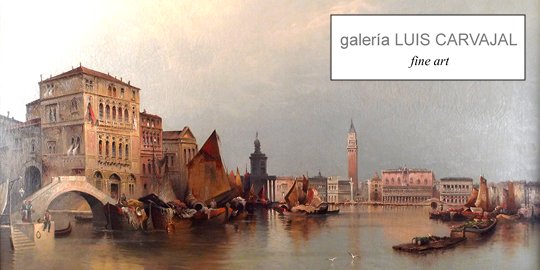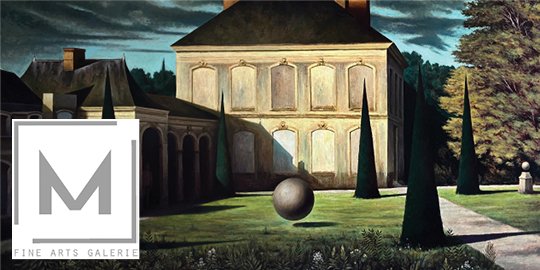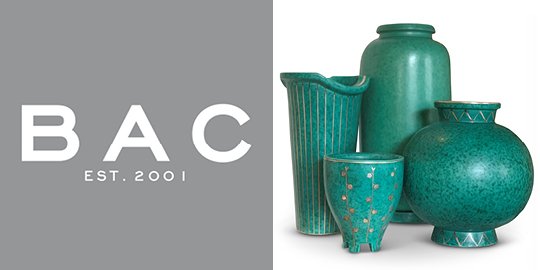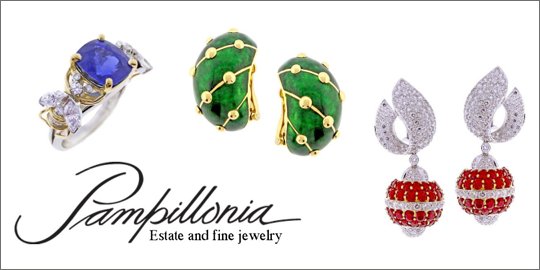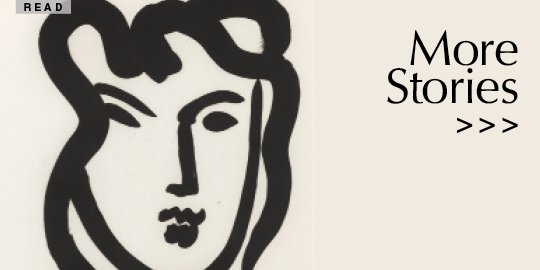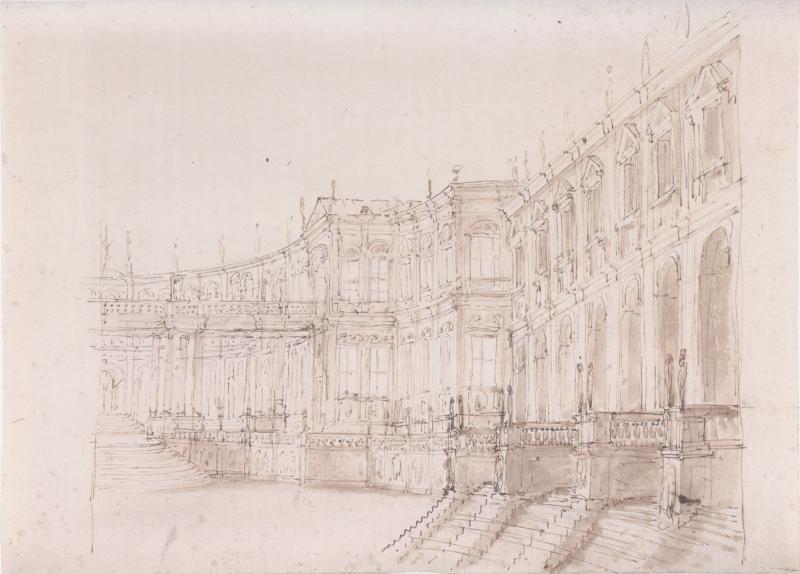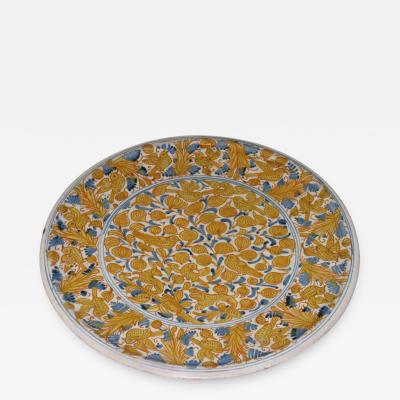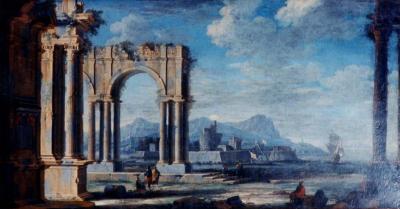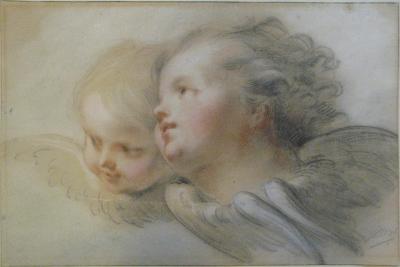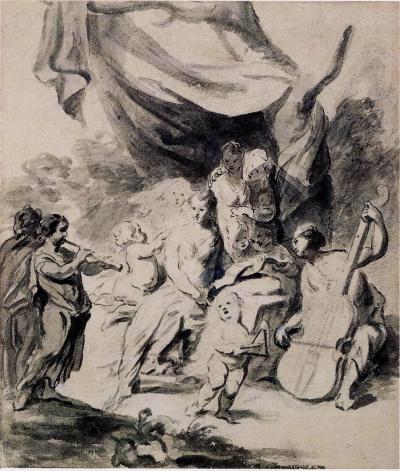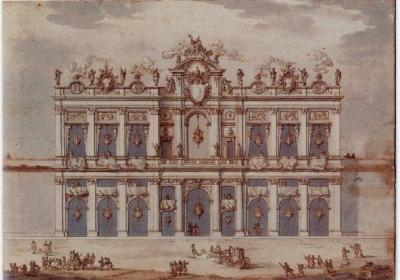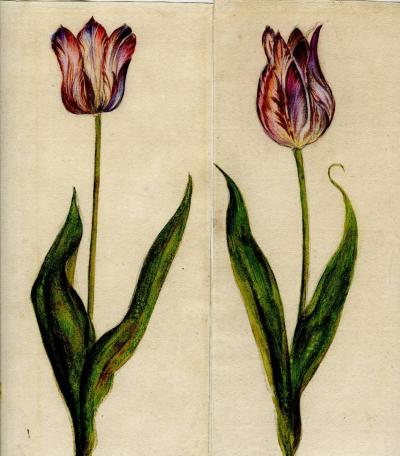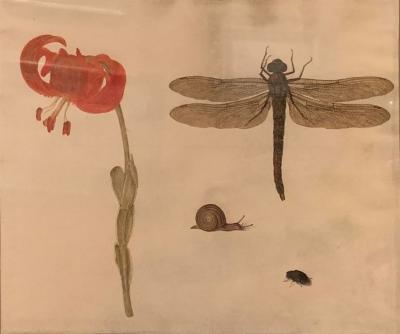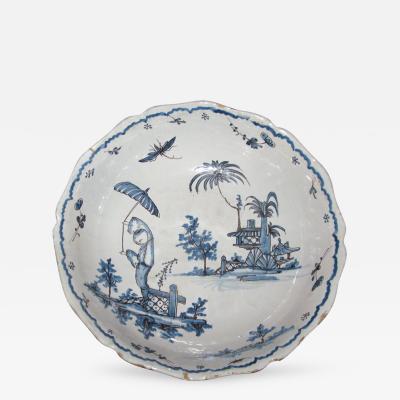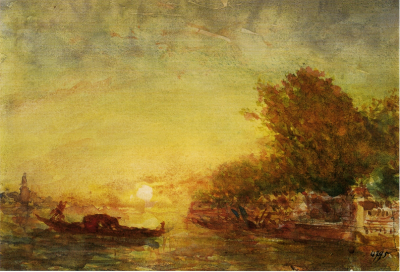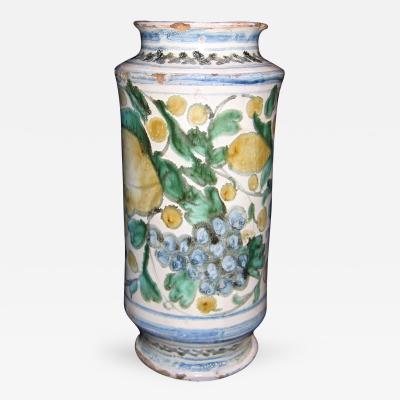-
FINE ART
-
FURNITURE & LIGHTING
-
NEW + CUSTOM
- Featured Bespoke Articles
- Hélène de Saint Lager’s Designs…
- Amorph-Where wood comes to life
- Markus Haase: Translating Artistic...
- Trent Jansen: Design Meets Heritage
- Hoon Moreau: Sculptural Poetry
- Kam Tin: The Art of Modern Baroque Furniture
- Gregory Nangle and Outcast Studios
- Roman Plyus Designs Furniture That’s…
- Ervan Boulloud: Daring Ingenuity
- Julian Mayor: Mirror Image
-
DECORATIVE ARTS
- JEWELRY
-
INTERIORS
- Featured Projects
- East Shore, Seattle, Washington by Kylee Shintaffer Design
- Apartment in Claudio Coello, Madrid by L.A. Studio Interiorismo
- The Apthorp by 2Michaels
- Houston Mid-Century by Jamie Bush + Co.
- Sag Harbor by David Scott
- Park Avenue Aerie by William McIntosh Design
- Sculptural Modern by Kendell Wilkinson Design
- Noho Loft by Frampton Co
- Greenwich, CT by Mark Cunningham Inc
- West End Avenue by Mendelson Group
- Interior Design Books You Need to Know
- Distinctly American: Houses and Interiors by Hendricks Churchill and A Mood, A Thought, A Feeling: Interiors by Young Huh
- Robert Stilin: New Work, The Refined Home: Sheldon Harte and Inside Palm Springs
- Torrey: Private Spaces: Great American Design and Marshall Watson’s Defining Elegance
- Ashe Leandro: Architecture + Interiors, David Kleinberg: Interiors, and The Living Room from The Design Leadership Network
- Cullman & Kravis: Interiors, Nicole Hollis: Artistry of Home, and Michael S. Smith, Classic by Design
- New books by Alyssa Kapito, Rees Roberts + Partners, Gil Schafer, and Bunny Williams: Life in the Garden
- Peter Pennoyer Architects: City | Country and Jed Johnson: Opulent Restraint
- The Elegant Life by Alex Papachristidis and More is More Is More: Today’s Maximalist Interiors by Carl Dellatore
- Extraordinary Interiors by Suzanne Tucker and Destinations by Jean-Louis Deniot
- Shelf Love: The Year's Top New Design Books
-
MAGAZINE
- Featured Articles
- Northern Lights: Lighting the Scandinavian Way
- Milo Baughman: The Father of California Modern Design
- A Chandelier of Rare Provenance
- The Evergreen Allure of Gustavian Style
- Every Picture Tells a Story: Fine Art Photography
- Vive La France: Mid-Century French Design
- The Timeless Elegance of Barovier & Toso
- Paavo Tynell: The Art of Radical Simplicity
- The Magic of Mid-Century American Design
- Max Ingrand: The Power of Light and Control
- The Maverick Genius of Philip & Kelvin LaVerne
- 10 Pioneers of Modern Scandinavian Design
- The Untamed Genius of Paul Evans
- Pablo Picasso’s Enduring Legacy
- Karl Springer: Maximalist Minimalism
- See All Articles
Offered by:
L' Antiquaire & The Connoisseur, Inc.
36 East 73rd Street
New York City, NY 10021 , United States
Call Seller
212.517.9176
Showrooms
Recto/Verso: Palace/Armorial Cartouche
$ 9,500
-
Tear Sheet Print
- BoardAdd to Board
-
-
Description
Recto: Courtyard of a Palace
Verso: Study of an Armorial Cartouche of a Bishop or Cardinal
Framed: 19.75" w x 16.5" h
The supremacy of opera, lo spettacolo, in the court and public theaters of eighteenth century Italy was supported by the incredible sets created by a group of familial dynasties, amongst which the Galliari were prominent, especially in Milan and Turin. Hailing from Adorno, a regional town in the Piedmont, the Galliari family was known throughout much of Europe, working in Vienna, Paris and Berlin. Aside from commissions completed for the more important theaters in foreign courts and the larger Italian capitals, the Galliari also supplied the many regional theaters, those in Alessandria, Bergamo, Cremona, Lodi, Monza, Padova and Vercelli, amongst others, with set designs from their bottega della scene, a vast stock of theatrical drawings typologically categorized.
Fabrizio Galliari followed his brother, Bernardino, to Milan, where he studied stage design. Although the early work of the two brothers is sometimes difficult to distinguish, Fabrizio soon focused more on architecture, ephemeral and real, while Bernardino concentrated on interior decoration. Working for ecclesiastic and aristocratic patrons throughout northern Italy, Fabrizio completed the trompe l’oeil dome of the Vercelli Cathedral, decorated the castle of Les Marches in Savoy, and painted a triumphal arch celebrating the arrival in Venice of Maria Amalia Walpurga of Poland, the future wife Prince Charles of Sicily (later Charles III of Spain). As a stage designer, Fabrizio worked primarily in Milan and Turin, as well as in Innsbruck, Paris and Vienna. With Bernardino, he developed a scheme of spatial composition, based on linear perspective construction that was still unusual at this time and became identified as the Galliari style. Contemporary critics, such as Algarotti and his disciple Milizia, praised the scenic style proposed by the fratelli Galliari, namely the use of noble forms from antiquity, facile and precise draftsmanship, strong color with contrasting light and shade, and naturalistic scale appropriate to contemporary aesthetic standards. -
More Information
Documentation: Ample Provenance Notes: Exhibiting the angular perspective which made Fabrizio famous, this ink and wash drawing, undoubtedly a design for the stage, is possibly related to the opera Mitridate, performed in 1767 at the Teatro Regio in Turin, in which the set for scene 8, act 3, was described as a large courtyard with arcad Origin: Italy Period: 18th Century Materials: Pen and brown ink, with brown wash on cream laid paper Condition: Fair. Creation Date: 1709-1790 Styles / Movements: Other Incollect Reference #: 305052 -
Dimensions
W. 9.25 in; H. 10.4 in; W. 23.5 cm; H. 26.42 cm;
Message from Seller:
L' Antiquaire & The Connoisseur, Inc. specializes in European works of art, antiques, and paintings, with a rich history dating back to 1935. For more information, contact us at 212.517.9176 or info@lantiquaire.us.
Sign In To View Price
close
You must Sign In to your account to view the price. If you don’t have an account, please Create an Account below.
More Listings from L' Antiquaire & The Connoisseur, Inc. View all 181 listings
No Listings to show.
- A Majolica Alzata (Charger with Stand) with Animal and Vegetal Motifs
- A Harbor Scene with Roman Ruins
- Two Seraphs
- Allegory of Music
- Signed Design for a Façade, possibly for the Festa della Chinea of 1766
- A Pair of Semper Agustus Tulips
- A standing woman seen from behind
- Still Life; Dragonfly and Primrose
- Flowers in a Sculptural Metallic Footed Cup
- Blue and White Bowl with Chinoiserie Landscape
- An Orange Blossom with a Beetle, a Butterfly and a Fly
- Entrance of gardens in Venice along the Laguna
- A Large Sicilian Albarello with Scrolling Fruited Vines with Lemons
- The Forum with the Column of Phocas in Rome

